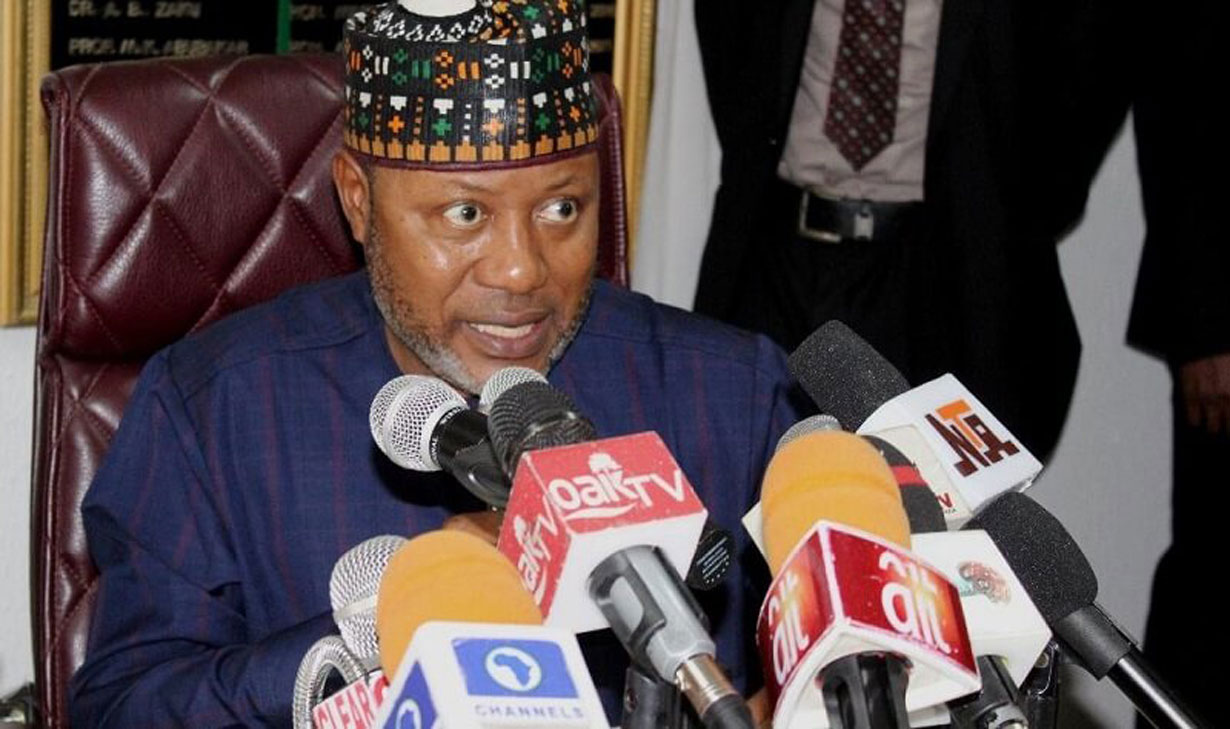
Minister of State for Science, Technology and Innovation, Mohammed Hassan Abdullahi, yesterday, canvassed synergy among government, industry and academia to rejig the country’s economy due to government’s declining revenue.
He made the assertion while delivering the second Igbinedion University Okada (IUO) Eminent Persons Lecture Series with the theme: How Government-Academia-Industry Linkages Drive Economic Development In Nigeria.
Abdullahi said diversification of the nation’s economy was imperative, stressing that the Government-Academia-Industry (GIA) model started with a theoretical conceptualisation based on the need to create synergy between key stakeholders for depositing and harvesting knowledge contents.
He maintained that the knowledge institutes (KIs) would be the key drivers of such contents generated, specifically for socio-economic development.
While restating the need for the collaboration, Abdullahi said industries needed a huge boost, noting that the percentage of capacity utilised and locally sourced raw materials were declining.
He added that the gap in productive synergy among components of the Triple Helix model in Nigeria was a reflection of funding of Research and Development (R&D) Intensity, when compared to a country like Malawi with 1.70 per cent as of 2007.
“Whereas, the academics are interested in generating patents that will be beneficial to society, industry and the academia, a challenging task being hindered by deficit of laboratory facilities, can be facilitated by the industry within the confines of necessary collaboration,” he stated.
He explained that the country’s Gross Domestic Expenditure on R&D (GERD), as a percentage of Gross Domestic Product (GDP) of Nigeria was 0.2 per cent, adding that the industry contributed 0.2 per cent of the funds for conducting R&D activities in Nigeria, as against 50.9 per cent in Ghana.
Abdullahi pointed out that universities and other institutions were only able to source for 0.1 per cent of the funds used for R&D in Nigeria, as against the 46.0 per cent recorded in Uganda, as reported in the ASTII R&D survey of 2007.
Speaking, Vice Chancellor of IUO, Prof. Lawrence Ezemonye, said the institution was poised to accelerate its partnership with the stakeholders to produce skilled graduates to meet national manpower needs and socio-economic development of the country.



